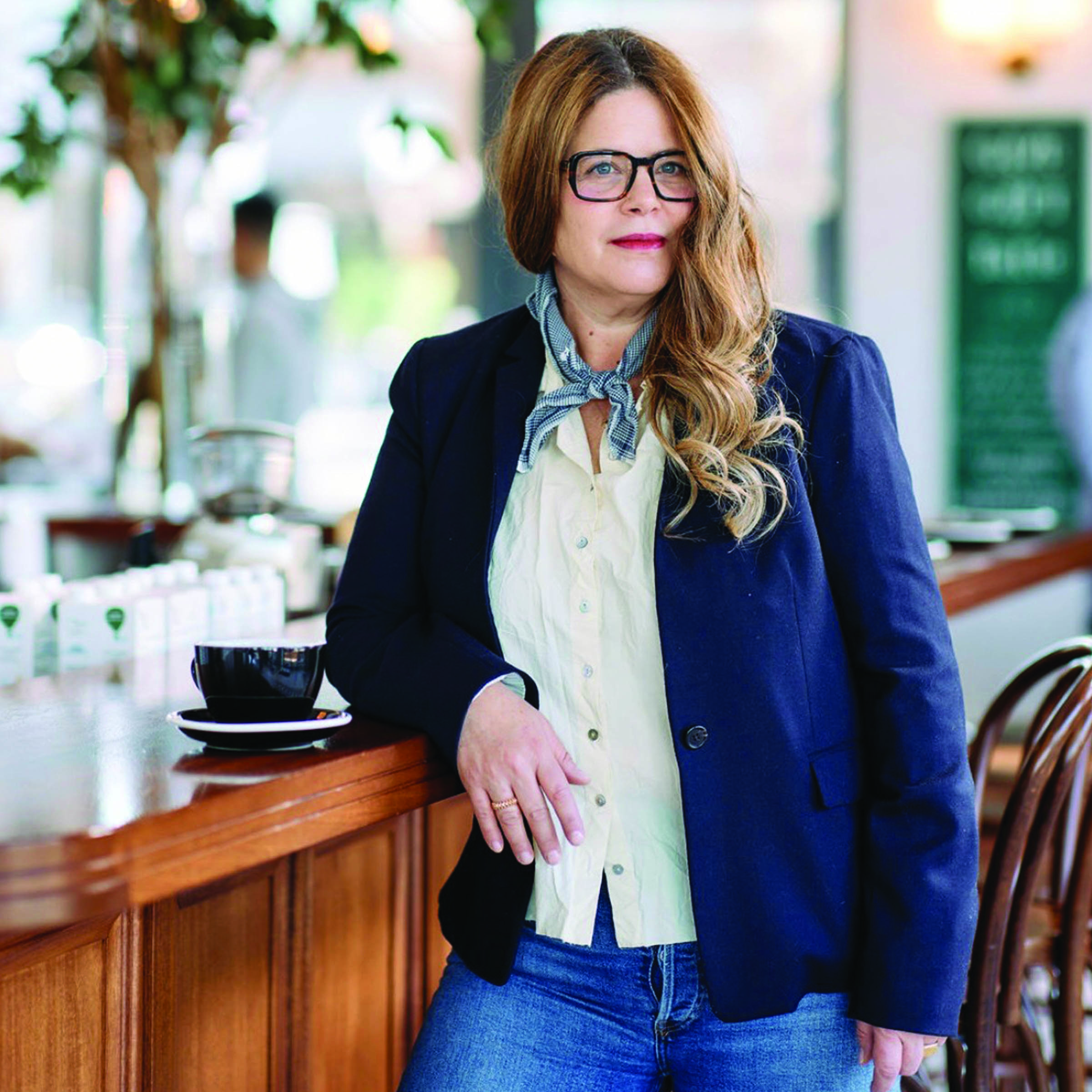At 29 years old, Adriana, 38, of Massachusetts, was diagnosed with metastatic (stage four) breast cancer after noticing a lump in her breast and feeling some “strange symptoms.” Only three months after a move across the country, Adriana was told her best bet would be to move back home for her treatment. “I talked to some doctors down in Florida, and they said to me, ‘You’re not going to get good care down here, if you’re from Massachusetts, go back to Dana-Farber’” said Adriana. “Within a few months, I had moved to Florida, packed up my bags and went back to Massachusetts.”
Adriana chose to endure clinical trials at Dana-Farber, which is a much more active type of treatment, because of how advanced her cancer was. Clinical trials require Adriana to drive 2-3 hours, one way, from her home to Dana-Farber every three weeks. After attempting roughly three different clinical trials, the fourth one stuck. Adriana has been on the same treatment for about 6 and a half years now. “Surprisingly, I’m the healthiest in my family right now,” laughed Adriana.

“I picked a picture to accompany the piece that’s totally me – wind in my hair, hanging out by the water in Boston with an iced coffee from Dunkin’. Some things can’t be changed by cancer.” – Adriana
Unsurprisingly, telling her parents she had cancer was no joyride for Adriana. With divorced parents, Adriana had to make multiple phone calls from Florida to deliver the news to her family. “My mom gets pretty emotional… but she knew I’d be in good hands at Dana-Farber,” said Adriana, “and my dad… said ‘Get your butt back here.’”
Before being diagnosed with breast cancer, Adriana was on the track to becoming a non-profit executive director as she had trained for museum education administration. “I saw myself in a big office in one of the Boston museums,” said Adriana, “but once I had the cancer, I knew that the commitment to the treatment was going to be a lot for me.” Leaving the 14-16 hour work days behind, Adriana is not in the most favorable financial position. Being diagnosed with such advanced cancer at such a young age, “cut off [her] prime earning years.” Luckily, Adriana’s insurance covers all of her medical bills. “The hardest thing is just getting the gas to get my car to Dana Farber every three weeks,” said Adriana.
“Every little girl wants to be a ballerina when she’s little; I wanted to be a ballerina,” said Adriana. While she did one year of dancing in college, Adriana said, “I kind of knew and had assumed even earlier on in my life that I was too short and my bust was too large to be a professional.” However, that didn’t stop Adriana from dancing and neither did cancer. “If I’m having a down day, on goes the iPod or the stereo and I’m dancing like a crazy woman,” said Adriana, “and my dog has learned to tolerate that.”
When Adriana was initially diagnosed with breast cancer, she attended some ‘Young Women With Breast Cancer’ conferences in Boston; however, “I didn’t find those really worked for me,” said Adriana. With groups of up to 100 women speaking about their cancer and their path to recovery, Adriana felt “sort of on the outside,” as there is no cure for patients with metastatic breast cancer. “But my support system is definitely my family – my mom, my boyfriend, my brothers, my sisters, extended family and, of course, my dog,” said Adriana.
Early in Adriana’s diagnosis, she said to herself “I just want to watch my brother get married, and I want to be there for him and to feel good doing it.” Now, Adriana’s brother has been married for a few years and she is looking forward to her younger sister’s wedding someday. Luckily, with Dana-Farber’s clinical trials, Adriana is confident she will make it to that day. “I’ve gotten to the point where I don’t have an end game anymore,” said Adriana. “At this point, I have started thinking about things like if I make it to retirement, I don’t have a 401K anymore.”
Adriana said an important part of her journey is her “openness to try new drugs and communicate with her doctors.” When Adriana told her doctors that she still needed to drive, they cut off any medications that would prevent her from doing so. “It’s really been good to define my own journey through this and to be a part of making those treatment decisions, because this is my life and it’s for the rest of my life,” said Adriana. Even if these clinical trials can’t cure Adriana, she is content with the idea that they may help someone else one day. Despite her situation, Adriana is always looking out for others. With COVID-19, her greatest concern isn’t the effect that it may have on her health, but about passing it onto her mother and boyfriend who she lives with.
Despite the undeserving hand Adriana has been dealt, she manages to stay positive and grateful through it all. “Research has given me so many options on how I manage my cancer and the way I live my life,” said Adriana, “There’s not just one path or one medication that dictates my future.” She feels like her cancer is “a part of [her],” and is thankful for her medical team, talented researchers, and other patients (like her) that are willing to volunteer for clinical trials. Adriana encourages others battling metastatic breast cancer to “not be afraid to say, ‘This disease is going to have to fit into my life, I’m not always going to fit into its life.’”


